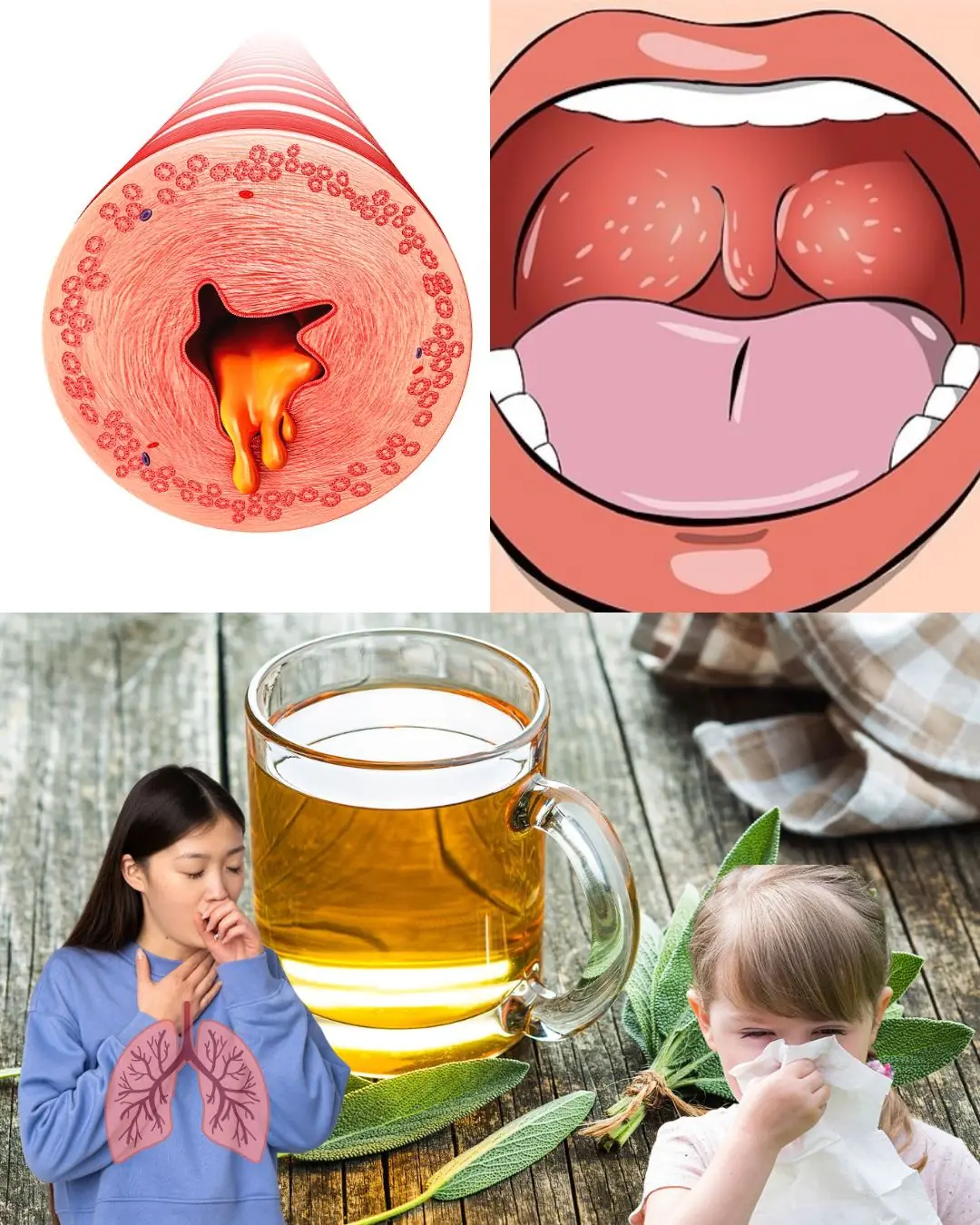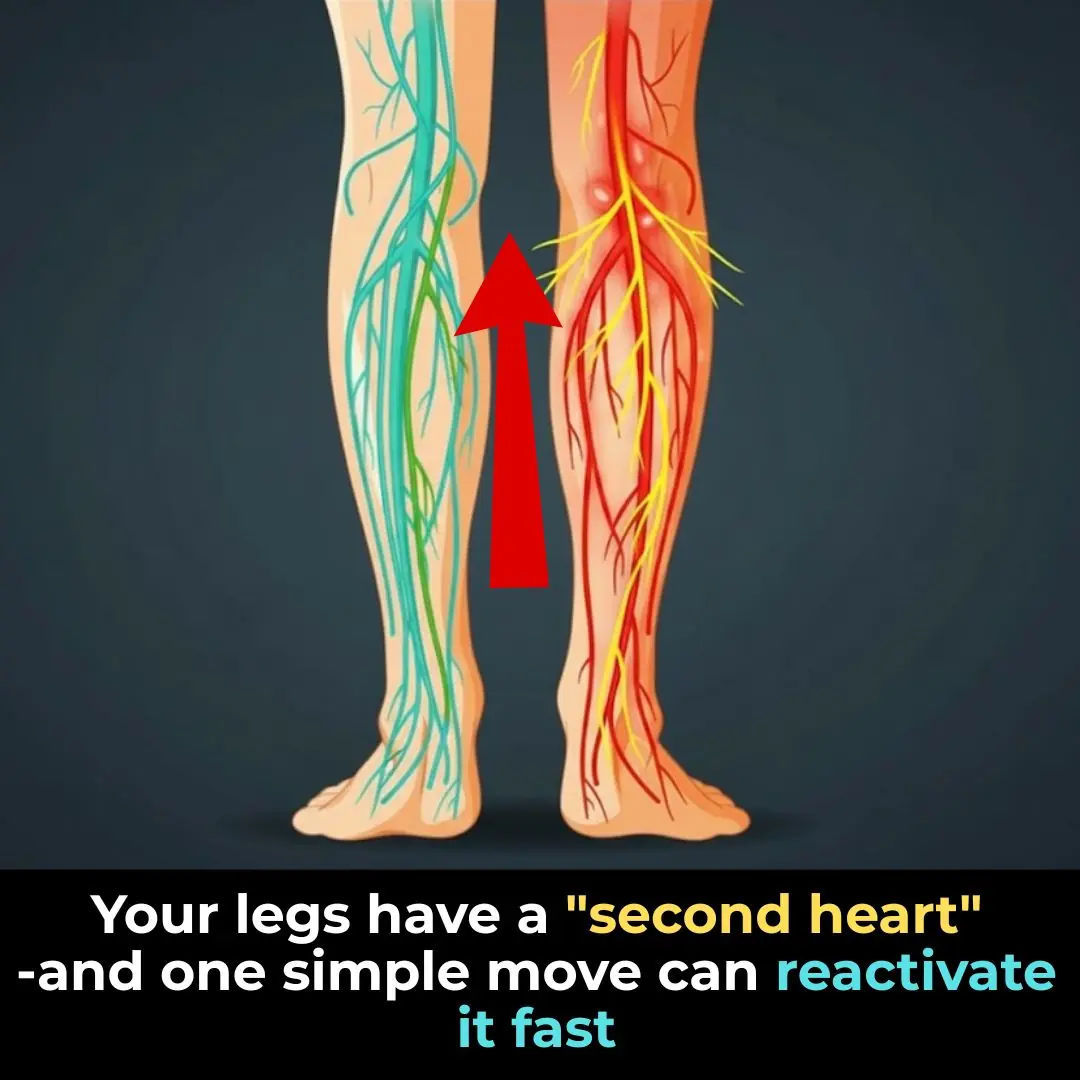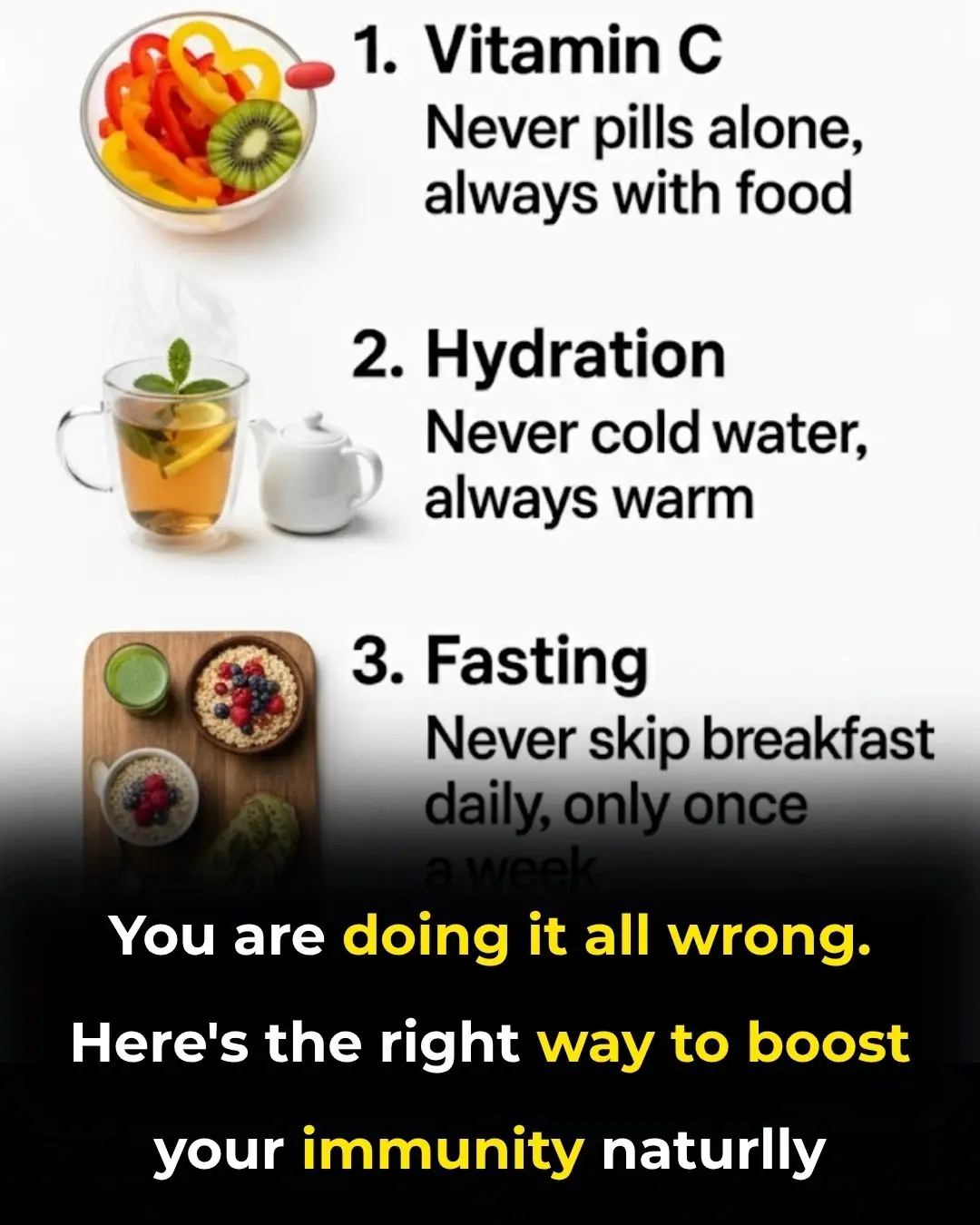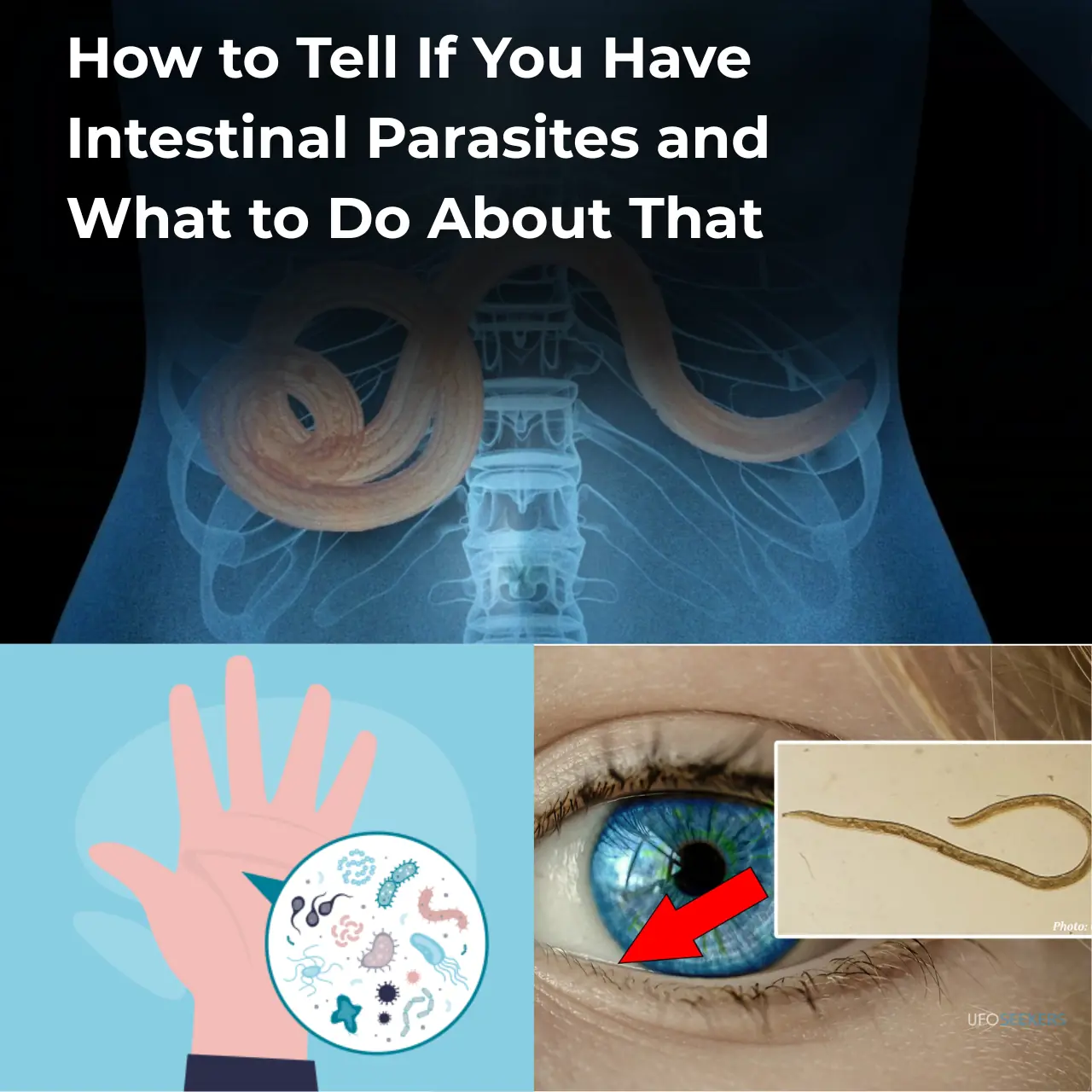
Stroke Prevention Tips: 3 Things to Avoid After Eating and 4 Before Bedtime
Strokes strike suddenly and often without any warning. One moment, everything seems perfectly fine; the next, you might find yourself unable to speak or move normally. This frightening reality affects millions of people around the world. However, what’s both remarkable and hopeful is that studies show up to 80% of strokes can be prevented through lifestyle changes.
Preventing stroke doesn’t necessarily require expensive medications or complicated medical procedures. Sometimes, it’s about paying attention to the small daily habits that influence your cardiovascular health—particularly what you do after meals and before bedtime. In this article, we’ll look at how simple tweaks to these two key moments of your day can significantly reduce your risk.
Why the Time After a Meal and Before Bed Matters
After eating, your body must carefully balance rising levels of insulin and blood glucose. The choices you make during this window can either help your body manage that process smoothly or make it more difficult—potentially putting extra strain on your blood vessels.
Just before bedtime, your body naturally shifts into repair and recovery mode. Your blood pressure lowers, your heart rate slows, and your organs focus on cellular restoration. Disrupting this rhythm with late-night eating, alcohol, or inconsistent sleep can interfere with those restorative processes. Over time, these habits may increase inflammation, elevate nighttime blood pressure, and contribute to a higher risk of stroke or heart disease.
Let’s explore a few evidence-based habits that can help protect your cardiovascular health.
1. Avoid Lying Down Right After Eating
It’s tempting to lie on the couch after a big meal and catch up on your favorite series—but this habit can backfire. When you recline too soon, your stomach contents can move upward, leading to acid reflux or heartburn. Frequent reflux can inflame your esophagus, disrupt sleep, and even contribute to chronic gastrointestinal issues.
Instead, stay upright for two to three hours after eating. If you feel sluggish, consider doing light chores, stretching, or taking a slow walk. Also, try to finish dinner at least three hours before bedtime, especially if you experience nighttime GERD (gastroesophageal reflux disease).
2. Take a Gentle Walk After Meals
According to the National Library of Medicine, taking a brief walk after eating can provide multiple metabolic benefits. Light movement encourages your muscles to absorb circulating glucose, which helps blunt post-meal blood sugar spikes that can damage blood vessels over time.
Walking also improves blood circulation, lipid levels, and blood pressure, all of which play a role in stroke prevention. Even a 10-minute walk around your home or neighborhood can make a measurable difference. If bad weather keeps you inside, try marching in place, stretching, or tidying up—anything that keeps you from being sedentary. With consistency, you may find you have more energy, fewer afternoon slumps, and a healthier metabolism overall.
3. Skip the Post-Meal Drink
While a glass of wine with dinner may seem harmless—or even beneficial—research paints a more nuanced picture. Alcohol temporarily dilates blood vessels, which can make you feel relaxed, but it later causes blood pressure to rise, especially overnight. Regular or heavy drinking also interferes with heart rhythm (arrhythmia) and can contribute to hypertension, a major stroke risk factor.
If you enjoy wine or spirits, keep it moderate: no more than one drink per day for women and two for men. Ideally, skip alcohol right after meals and allow a few hours before bedtime to help your body metabolize it safely.
4. Don’t Eat Dinner Too Late
Your body follows a circadian rhythm that governs digestion and metabolism. Late-night meals force your body to stay metabolically active when it should be winding down, leading to higher nighttime blood sugar and more frequent acid reflux.
Try to finish dinner two to three hours before bed. People who stick to this pattern tend to have better metabolic health, sleep quality, and blood pressure control. If you must eat late, choose something light and easy to digest, such as soup, yogurt, or a small portion of lean protein and vegetables.
5. Keep a Consistent Bedtime Schedule
Several large-scale studies show that an irregular sleep pattern—even when total sleep hours are the same—is linked to a higher risk of cardiovascular problems, including stroke. The reason is that erratic sleep disrupts hormonal balance and blood pressure regulation.
Aim for 7 to 9 hours of sleep each night and go to bed at roughly the same time every day, even on weekends. Establish a bedtime routine to help your brain recognize when it’s time to rest: dim the lights, read a few pages of a book, or take a warm shower.
If you’re used to staying up late, gradually shift your bedtime earlier by 10–15 minutes every night until you reach your target schedule. Consistent, restorative sleep is one of the most powerful yet underestimated tools for stroke prevention.
6. Avoid Alcohol Before Bedtime
Not only can alcohol after dinner disrupt digestion, but drinking before bed can also interfere with your sleep cycles. While alcohol initially makes you drowsy, it suppresses REM sleep—the stage most important for brain restoration—and causes you to wake up multiple times during the night.
This fragmented sleep pattern leads to unpredictable overnight blood pressure fluctuations, which increase strain on the cardiovascular system. If you do drink, hydrate between beverages and stop at least two hours before going to sleep.
7. Cut Off Caffeine Early
Caffeine stimulates the nervous system and can linger in your bloodstream for hours. One study found that caffeine consumed even six hours before bedtime can disrupt both sleep duration and quality.
For optimal rest and stroke prevention, avoid caffeine after 3–4 p.m. This includes not only coffee but also tea, chocolate, and energy drinks. Replace your evening beverage with herbal tea or warm milk to promote relaxation.
Final Thoughts
Lowering your stroke risk doesn’t have to involve radical life changes—it’s often about making consistent, mindful adjustments to your daily habits. By eating at the right times, staying lightly active after meals, limiting alcohol and caffeine, and maintaining good sleep hygiene, you give your body the best chance to repair, regulate, and thrive.
These habits not only protect against stroke but also improve your overall energy, mood, and longevity. Start with one or two changes and build from there—your heart and brain will thank you for it.
Disclaimer
This information is provided for educational purposes only and is not a substitute for professional medical advice, diagnosis, or treatment. Always consult your physician or qualified healthcare provider with questions regarding any medical condition or treatment options. Never delay seeking professional advice because of information you read here.
News in the same category


Lactuca Serriola: The Power of Prickly Lettuce That Grows Everywhere

Easy Clove Cultivation: From Seed to Spice

7 Benefits and Uses of Castor Oil

🌿 The Astonishing Secret of Mullein Leaves on Your Feet: Unlock Nature’s Hidden Healing Power!

DON'T IGNORE! Top 8 Warning Signs Of Blood Clots

Ancient Herbal Remedy to Clear Mucus from Nose, Throat, and Lungs in Just 2 Days

Seniors: Take This for 5 Nights and See What Comes Out in Your Stool!

Top 10 Herbal Teas That Actually Kill Cancer — Why Is This Being Hidden? | Healthy Care

DON'T IGNORE! Top 8 Warning Signs Of Blood Clots

The most powerful anti-cancer food you’ve probably never tried

American Beech (Fagus grandifolia) — Power, Benefits, and Practical Uses (Foraging Guide Included)

Old Doctor’s Remedy: Almond Milk with Cloves Treats 15 Health Problems in Just 1 Week

Doctors reveal that eating okra causes...

Senna Alexandrina: 7 Benefits and uses

Ginger and Orange Detox Drink – Cleanse Kidneys, Liver, and Lungs Naturally

The Purple Maguey Plant — Benefits and Traditional Uses

Turn Papaya Leaves Into a Powerful Homemade Detergent
News Post

‘Is This True …’: Trump Had No Clue a Dangerous Situation Was Unfolding — and By the Time It Reached Him, His Team Was Already Scrambling

BBC EastEnders fans 'floored' after realising Junior Knight actor's real age

The White House Communications Office is saying our story is not true. We stand by our story. Our story is accurate.

D4vd's Friends Thought He Was Celeste Rivas' Boyfriend, Thought She Was 19

Netflix's Being Eddie release date and what to expect from the Eddie Murphy special

Man Builds “Museum Of Love” To Honor Late Wife’s Memory

MAFS UK's Julia-Ruth issues statement after 'three husbands' bombshell

Strictly star Harry Aikines-Aryeetey addresses ‘heartbreaking’ elimination: ‘It’s nice to go out on a party’

Seven Types of Pain You should Never Ignore

Proven Health Benefits and Uses of Thyme and Thyme Tea

Stop throwing out old plastic food containers

6 things that mice are very afraid of

9 cancer warning signs your body is sending you (don’t ignore these!)

Your legs have a “second heart” — and one simple move can reactivate it fast

Doctor warns: your ‘healthy’ lemon water habit is actually destroying your liver – here’s what you’re doing wrong

Why You Shouldn’t Rush to Fold the Bed When Checking Out of a Hotel

You are doing it all wrong. Here's the right way to boost your immunity naturally

My ear feels clogged all the time, but nothing comes out. No wax of fluid. Doctor appt is far away. What could this be?

Wow, I never knew this!
